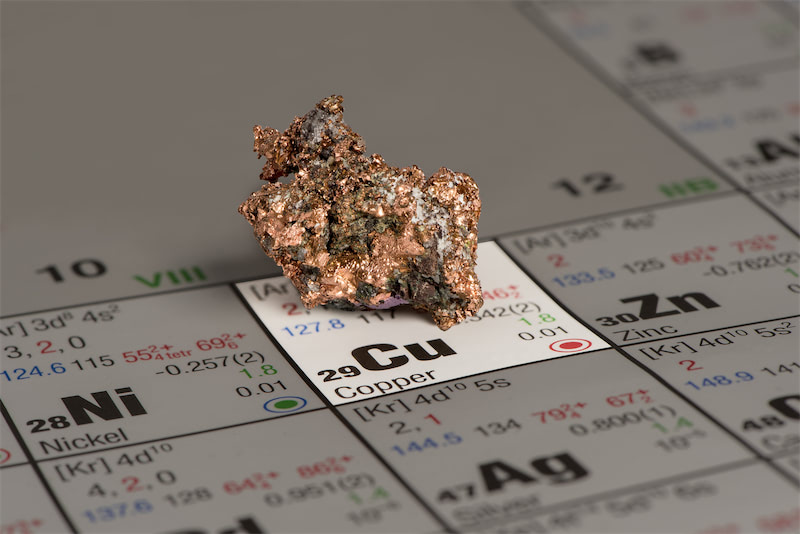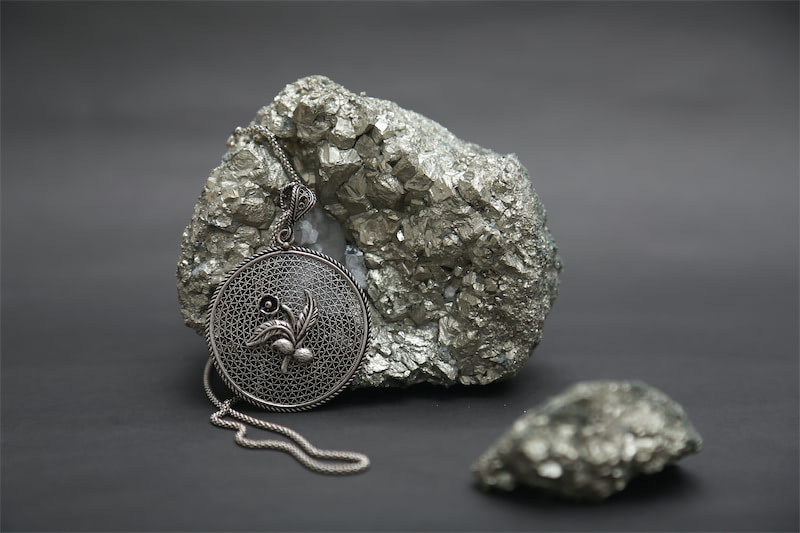SMM: on Monday, Nvidia officially confirmed that it had reached an agreement with Softbank Corp. to buy ARM for 40 billion US dollars (about 273.3 billion yuan). This will be the largest M & A deal in the history of the chip industry, so it attracted a lot of attention as soon as the news came out.
This is a good deal for both Nvidia and Softbank Corp.: on the one hand, Softbank Corp. can ease the cash pressure caused by multiple investment failures by selling ARM; on the other hand, Nvidia can perfectly combine the leading AI computing platform with ARM's ecosystem, as it said on official Twitter: to create a top computing company in the AI era.
However, analysts believe that this "win-win" deal will face strong opposition from the chip industry. In addition, the proposed deal between Nvidia and Softbank Corp. needs to be approved by regulators in countries including the UK, China, the EU and the US before it can be completed. This means that the agreement will face pressure from both national regulators and the chip industry.
Analyst: Arm customers are bound to oppose the deal
Different from ordinary chip manufacturers, ARM itself does not produce chips, but as a supplier of chip architecture, it provides chip manufacturers with the design of the architecture used in the chip. Relevant data show that ARM monopolizes 95% of the global processor architecture licensing market, including Apple, Qualcomm, Samsung, Huawei and other world major companies are all its customers. Qualcomm chips used in most Android phones and iPhone phones, Huawei's Kirin chips, including Apple's future Mac computer chips, are based on ARM institutions.
As a supplier of chip architecture, many customers downstream of Arm compete with Nvidia itself, and once Arm is acquired by Nvidia, it means that its own neutrality will be destroyed. As a result, Geoff Blaber, deputy head of research at CCS Insights, a US market research firm, believes that the agreement is "bound to face huge opposition from Arm customers".
"Nvidia's acquisition will have a negative impact on Arm and its ecosystem." "neutrality is critical to the continued success of Arm," Blaber said. Once the neutrality of Arm is compromised, its value will begin to shrink. "
Hermann Hauser (Hermann Hauser), co-founder of Arm, also believes that the agreement will damage Arm's business model as "Switzerland in semiconductors" because there will be competition between Nvidia and Arm's downstream customers.
In response to this concern, Nvidia CEO Huang Renxun and Arm CEO Segus (Simon Segars) specifically said in an exclusive interview that Nvidia will keep Arm's headquarters in the UK and maintain an open licensing model.
Linley Gwennap, chief analyst at Linley Group, said Nvidia was "taking great pains to emphasize that Arm will continue to maintain a supplier-neutral position and that Nvidia will not interfere with Arm's work under authorization even if some of its customers compete with Nvidia."
But this "commitment" did not dispel the doubts of the market.
A senior executive of a Chinese chip company said that if the parent company of Arm was a US company, it would be more difficult for US companies that work with Arm to make server chips in China. Perhaps in response to this concern, ARM CEO Segas said this afternoon that most of Arm's products are not subject to US export controls, which will not change with the change of the US parent company.
But at the same time, a number of South Korean chip industry officials and experts also believe that Nvidia's acquisition of Arm could intensify competition between Nvidia and Samsung, Qualcomm and other companies in self-driving cars and other future technologies, and heighten concerns that Nvidia may increase licensing fees to those competitors. "Arm users may therefore be looking for an alternative to Arm as a longer-term option."
Park Jea-gun, president of semiconductor and display technology in South Korea, said the acquisition marked an attempt by Nvidia to move deeper into the automotive chip market, where Samsung and Qualcomm are making big inroads.
May face strict supervision
At the same time, the agreement will also face regulatory pressure from a number of countries, first and foremost from the UK.
Hermann Hauser, co-founder of Arm, said bluntly that the acquisition was a disaster for the UK.
"this is a disaster for Cambridge, the UK and Europe as a whole." "this is the last European technology company with global influence, and now he is going to be sold to Americans," Hauser said in an interview. "
Hauser called on the UK government to set three conditions for the deal: a requirement to keep UK jobs, a commitment from Nvidia to keep Arm's open business model and an exception for Arm in US security reviews of corporate customer relationships. Hauser believes that if Nvidia cannot meet these conditions, then the British government should help Arm IPO, on the LSE to make it a British company.
Hauser's statement is actually a sign of the British government's concern about the acquisition: if the British government allows Nvidia to buy Arm, it could lead to the loss of British jobs and weaken the country's technical strength and influence.
Last Friday, the main opposition party, the Labour Party, directly asked the British government to pay attention to the acquisition of Arm by Nvidia, which is not in the public interest and may also bring the risk of monopoly.
At the same time, the deal also faces regulatory pressure from China. In response, Mr Huang said his team was "fully looking forward to communicating with Chinese regulators" and was confident that the agreement would be approved by regulators.
"Click to sign up: 2020 Tin Industry chain Trading Summit

Scan the code to participate in the meeting or apply to join the SMM tin industry exchange group


![The Most-Traded SHFE Tin Contract Opened Lower and Then Traded Stronger, Spot Market Recovers Amid Downtrend [SMM Tin Midday Review]](https://imgqn.smm.cn/usercenter/WWXJU20251217171753.jpg)
![The most-traded SHFE tin contract fluctuated rangebound during the night session, with downstream enterprises mostly following up with small-lot transactions. [SMM Tin Morning Brief]](https://imgqn.smm.cn/usercenter/bYFQn20251217171752.jpg)
